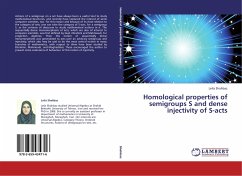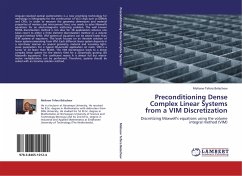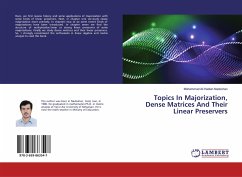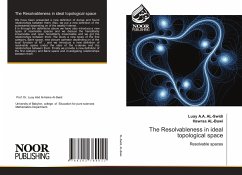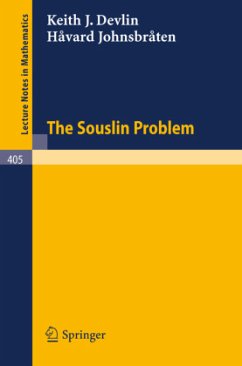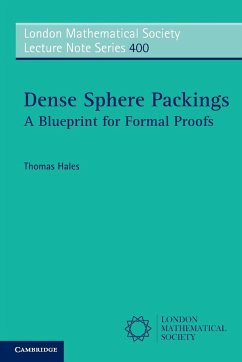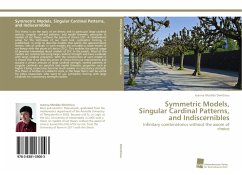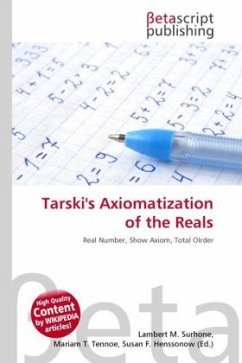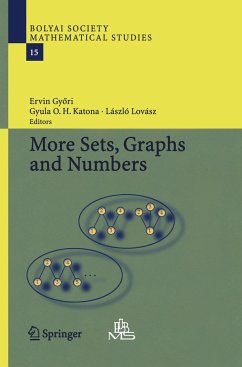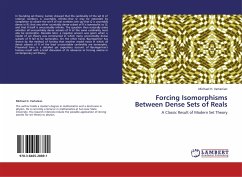
Forcing Isomorphisms Between Dense Sets of Reals
A Classic Result of Modern Set Theory
Versandkostenfrei!
Versandfertig in 6-10 Tagen
32,99 €
inkl. MwSt.

PAYBACK Punkte
16 °P sammeln!
In founding set theory, Cantor showed that the cardinality of the set Q of rational numbers is countably infinite; that Q may be extended by completion to obtain the set R of real numbers (we say that Q is countably dense in R); that any other countably dense subset of R is isomorphic to Q; and that R itself is uncountably infinite. The question then naturally arises whether all uncountably dense subsets of R of the same cardinality must also be isomorphic. Decades later, a negative answer was given when a model of set theory was constructed in which many uncountably dense subsets of R fail to...
In founding set theory, Cantor showed that the cardinality of the set Q of rational numbers is countably infinite; that Q may be extended by completion to obtain the set R of real numbers (we say that Q is countably dense in R); that any other countably dense subset of R is isomorphic to Q; and that R itself is uncountably infinite. The question then naturally arises whether all uncountably dense subsets of R of the same cardinality must also be isomorphic. Decades later, a negative answer was given when a model of set theory was constructed in which many uncountably dense subsets of R fail to be isomorphic. On the other hand, Baumgartner has shown by the method of forcing that another model exists in which all dense subsets of R of the least uncountable cardinality are isomorphic. Presented here is a detailed yet expository account of Baumgartner's famous result with a brief discussion of its relevance to forcing axioms in contemporary set theory.



